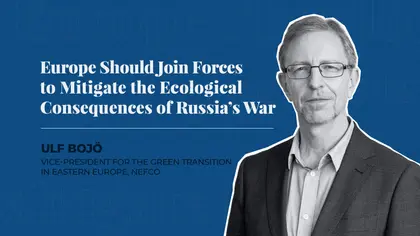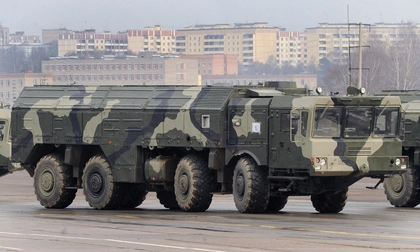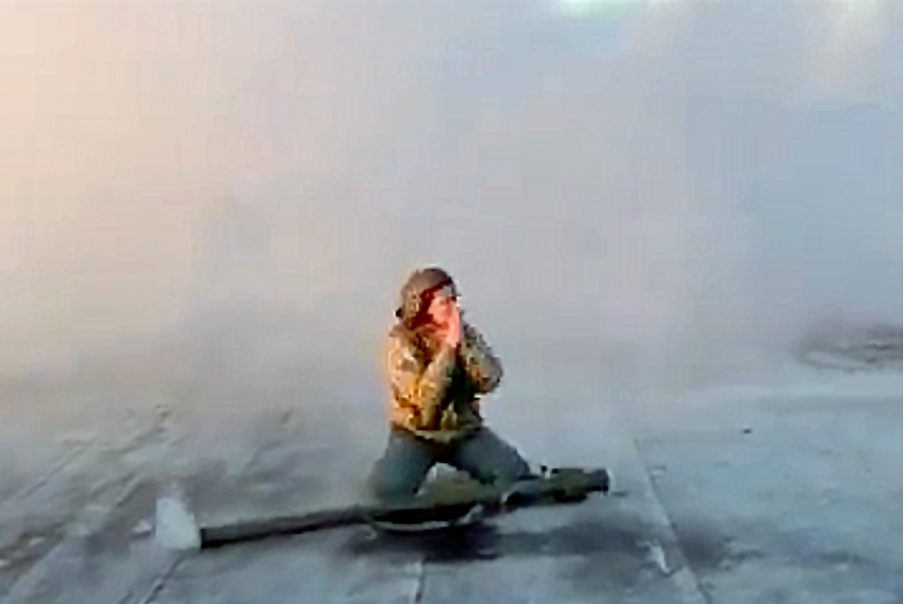The Nordic Environment Finance Corporation (Nefco) is one of those international organizations that continues to work in Ukraine and to help the country during the war against Russia. The international financial organization was created at the end of the 20th century by five Northern European countries (Denmark, Iceland, Norway, Finland, Sweden) specifically to support important environmental projects in Eastern Europe.
Ukraine has now become the number one priority for Nefco, in response to the significant environmental pollution and potential ecological disasters that Russian aggression has caused, especially after the explosion of the Kakhovka hydroelectric plant.
JOIN US ON TELEGRAM
Follow our coverage of the war on the @Kyivpost_official.
Before the war, Nefco worked on 73 green energy and other environmental projects in the country. After the Feb. 24, 2022 full-scale invasion, Nefco restructured its activities to offer help in a variety of directions, and currently has 25 reconstruction projects under implementation, including reconstruction of district heating, clean water and wastewater treatment processes and construct new buildings and recover and renovate damaged municipal facilities and public buildings.
Kyiv Post spoke about the main directions of Nefco's work in Ukraine with Ulf Bojö, vice-president for the green transition in Eastern Europe particularly as it applied to solving environmental problems, as well as the practical difficulties of working in Ukraine.
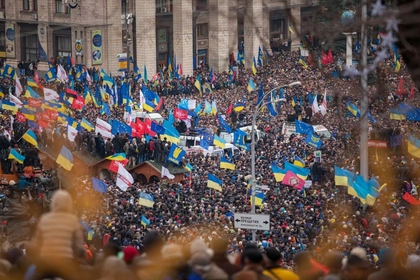
Tsikhanouskaya Honors Ukraine’s Day of Dignity and Freedom
Please tell me more about Nefco. How does your organization work?
Everything that Nefco does must have good environmental arguments for why they are implemented. So, we need to contribute to an improvement of the environment, much related to the climate, of course, reducing the CO2 emissions, but also other environmental aspects are considered.
We have, for instance, funding from Sweden for district heating projects. Of course, as you know, Ukraine is number two in the world in terms of the size of district heating systems. There is some quite good experience of developing efficient district heating systems in the Nordic countries.
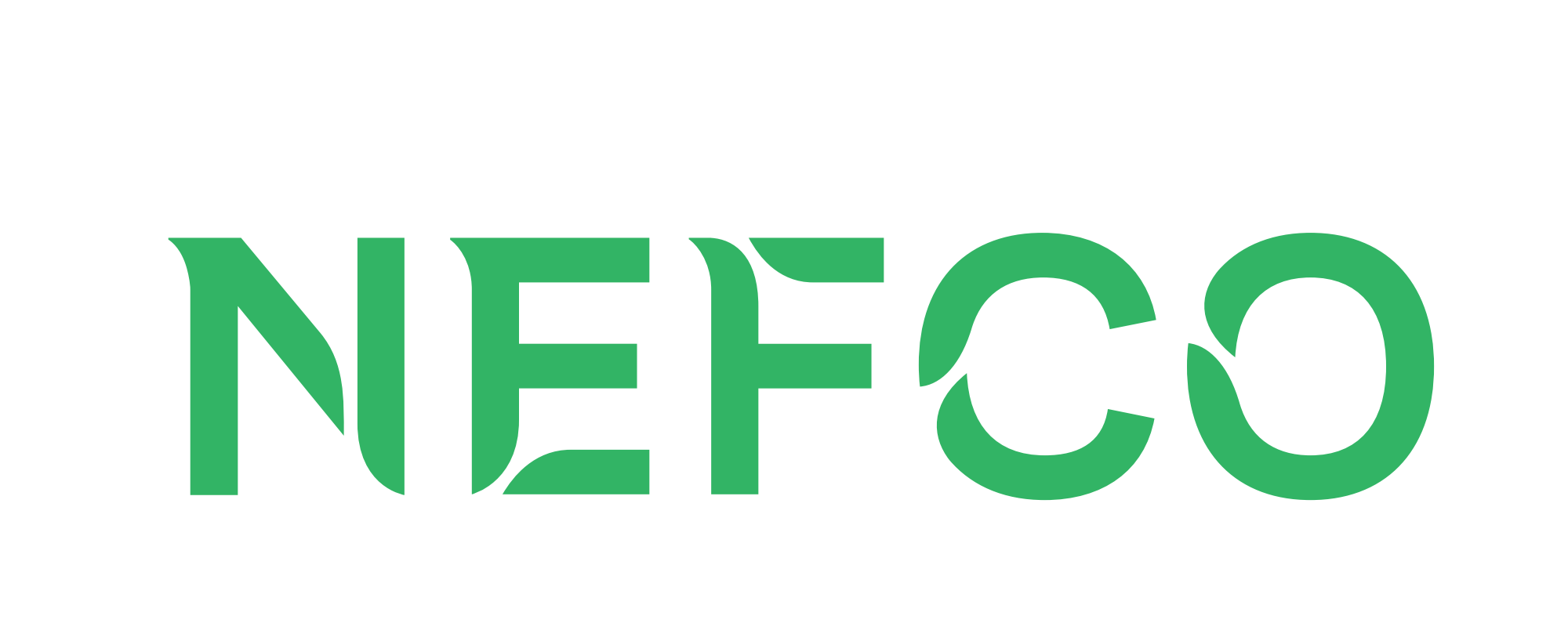
So, there we see a potential and we have been working for several years with district heating projects and we see a huge potential still to improve Ukrainian district heating systems. And we hope to continue very much in that direction, but also in other directions.
In June last year Nefco launched, almost exactly one year ago, an initiative called the Nefco Green Recovery Program for Ukraine. We have raised a little more than 230 million euros of grant funding up to now, mostly from the EU.
Also, our new EUR 100 million action for housing for internally displaced persons in Ukraine includes 11 communities in the western and central part of Ukraine. The action is financed by EU and managed by Nefco.
And then we have also another big program with EU funding called Critical Infrastructure, within the liberated parts of the Kyiv region.
So, where we have currently, I think, around a dozen procurements going on related to refurbishing, repairing water, wastewater systems, heating systems to make the municipalities livable, comfortable again after the disappearance of the occupiers from those territories. And then we have the Nordic countries also contributing quite big sums to this Green Recovery Program for Ukraine. Currently more money for Ukraine than we had before the full-scale invasion of Ukraine.
Do you get money from European governments or can individuals donate to your organization?
It is governments. I mean, EU is the biggest donor to our Green Recovery Program for Ukraine. And then we have the Nordic governments that donate. These funds, the Nordic funds come via the Nordic Ministries for Foreign Affairs.
We need to plan for the future for a peaceful and successful future for Ukraine.
Are you seeing an increased interest in Ukraine or are European countries losing interest in the war and donating less?
So far, I see a continued strong interest in and support for Ukraine. We have information from both Denmark and Norway that they will provide annual funds to our Green Recovery Program and work is in progress also in Sweden. So, I don't see a reduction in the will to support Ukraine.
Let's talk about ecology. Because of the Russian war against Ukraine, we unfortunately have huge ecological problems, especially after the Russians destroyed the Kahovka hydroelectric power plant. Can you imagine what will happen to the Ukrainian ecosystem in a few years and to the world's ecosystem because of this tragedy?
It is, of course, as you say, effectively an ecocide. It's a premeditated destruction of the ecology in the region. And of course, it has very severe consequences. We see that there is a flow now of support, practical support from emergency organizations within the EU. And on the Nefco side, we have been approached by Ukrainian authorities asking if we could provide some expertise. We are in contact with some experts that we, hopefully, will engage. Just provide their knowledge to the extent available and help in that way.
Of course, Nefco being a relatively small organization, we cannot be the central partner in this work. But we can provide hopefully some contribution and we are trying to do that. We are working on this right now.
Do you agree that this tragedy will affect the Ukrainian ecosystem and the world ecosystem, especially Europe?
Yeah, it is. Clearly, from the European side, we all need to join forces here to try to mitigate the consequences and to start building for a more sustainable future from the environmental point of view.
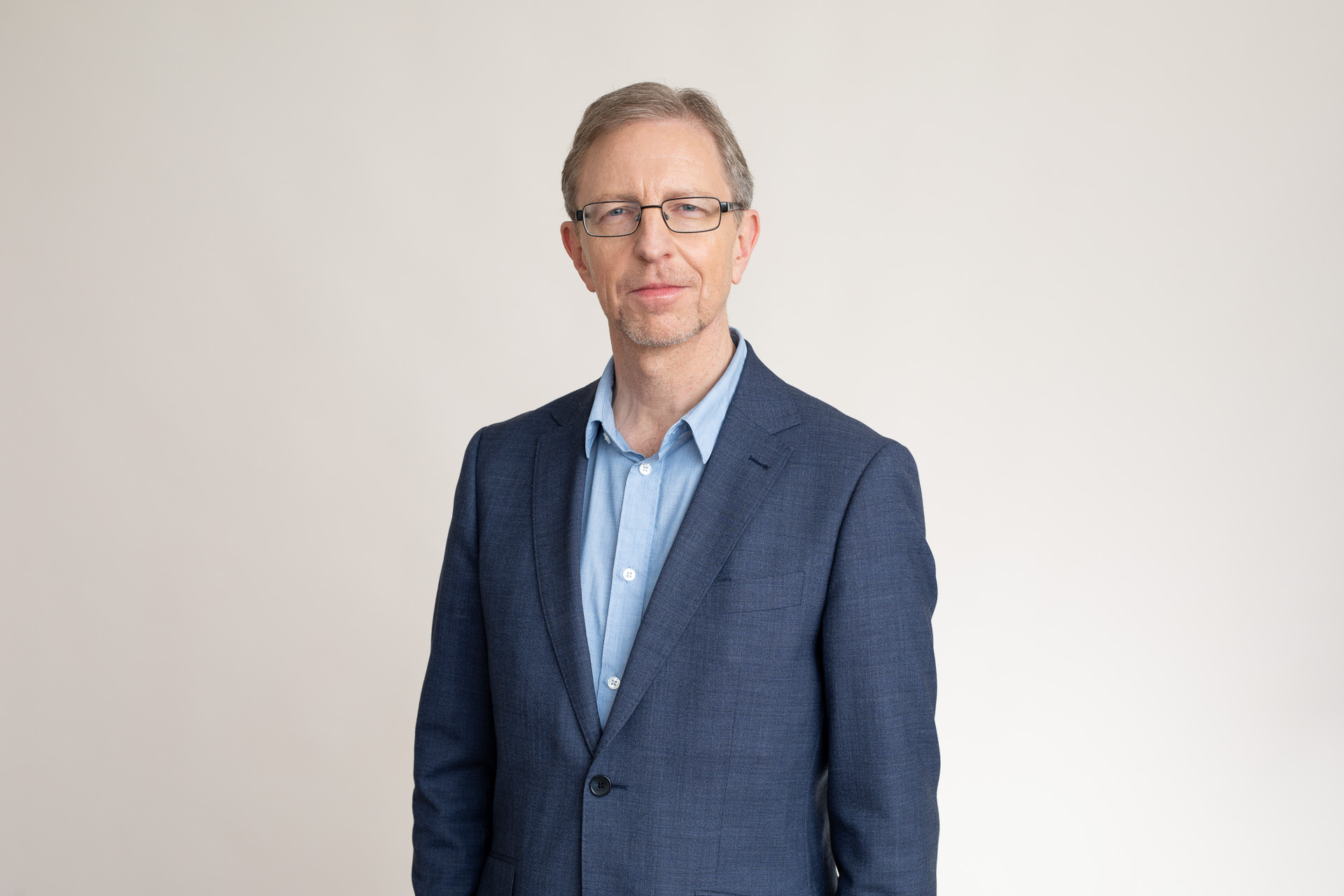 Ulf Bojö
Ulf Bojö
But can we solve it in the future? I mean, some damage is hard to repair, of course, but we cannot look away from it. We must look at what is the real situation and what can be done by humans to mitigate the effects and to repair what is possible to repair, to clean water, earth, soil. It's, of course, a huge work.
In your opinion, why does the world not seem interested in this tragedy? Because for Ukrainians, it was really hard to see that people don't care about it.
I don't see that people don't care about it. I see that emergency organizations do send supply support, and national institutions provide support. Not enough for sure because it's such a huge catastrophe. But I do see a will to help and to assist.
But of course, I can understand that from a Ukrainian standpoint, you see that you’re not getting enough. I fully understand that. But I also see a will to help.
Do you know how Russian rocket attacks affect ecology? Maybe you have some research about it. Can it change the climate right now?
I haven't seen any studies specifically assessing the climate effect of Russian aggression, but clearly, it's there for sure. Meanwhile, we, of course, discuss what can we do now during the current situation. And we also need to plan for the future for a peaceful and successful future for Ukraine. And as part of this planning for the future, we have in our concept note for the green recovery program for Ukraine, a requirement that all communities or municipalities where we implement projects, there shall also be developed a green recovery, a local green recovery plan. And that green recovery plan shall then look at the environment, and the overall ecological environmental situation in each municipality or community.
That is long-term work that we will, with the help of international consultants, engage with the municipalities, work with the mayors, and the leadership of the cities and communities. And so that's an important, I think, long-term contribution from our side. And of course, in working on these plans in each municipality, it will be then clear what are the key hot spots, what are the key challenges from an environmental point of view.
Your organization takes part in rebuilding Ukraine. Please, tell me more what are your priorities in this sphere.
We have to, when we are raising funds, listen to what the donors want and what their priorities are. And they might differ from one donor to another. But everything, of course, must be in line with Nefco's mandate and mission, so we can contribute to the improvement of the environment in every project that we finance.
I see a continued strong interest in and support for Ukraine.
I mentioned the program for housing of IDPs. Here the requirement is that in addition to providing new housing, there is also a requirement that this housing will be more environmentally friendly than is required according to Ukrainian norms. We try to make them more energy efficient, better insulated, better energy efficient ventilation, et cetera, et cetera. These requirements are then part of these projects.
For the critical infrastructure, the EUR 50 million program, financed by EU and managed by Nefco, that I mentioned in the Kyiv region, for instance, the modern water, wastewater solution, energy efficient pumps, for instance, and similar requirements are used to maintain the high green and sustainable character of these projects. So that is pretty much in line with our requirements that we had also before the full-scale invasion.
Ukrainians, dream of course for all cities to be rebuilt, cities destroyed by Russia, like Bakhmut, Mariupol, and Severodonetsk. But I think it's not easy. It needs time, money, and workers, of course. In your opinion, is it possible to do it faster?
Yeah, we always have possibilities to improve processes, procedures, and also requirements in some cases, where we have requirements from the authorities that may not be ideal for smooth and swift implementation. We will have a dialogue with the relevant ministries and authorities. And of course, in some cases, we would like to see faster decisions, faster approvals, and some changes in the regulations.
But we also, of course, recognize that in the current war situation, it's not possible to spend so much energy on these issues when you're basically struggling every day with urgent issues.
What difficulties do you face working in Ukraine? Unfortunately, we have corruption cases in local government. Have you faced it?
When we work with municipalities, we explain properly how we work. We have lots of control measures, so to say. We have national consultants who monitor procurement and evaluate prices and costs. At Nefco’s headquarters in Helsinki we check that the result, the outcome of every procurement is reasonable and properly managed by the municipalities. I think that municipalities, or if there are corrupt people, they see that, okay, it might be difficult to be corrupt in projects handled by Nefco. So, I don't see much of this.
There are cases where you think that some behavior maybe looks a bit strange, such as delays in processes and not giving proper information in an efficient way, and you wonder why are they not interested in the good of the city they are working in and so forth. But mostly, I would say that it's an indirect feeling and not a direct feeling in our project, thanks to the systems that we have.
We have our own procurement rules that are aligned to Ukrainian law, actually, according to the framework agreement that Nefco has had with Ukraine since 2010. We work according to our procurement rules. And I think they are pretty good in also protecting from corrupt behavior.
Of course, we do recognize that this work with anti-corruption measures is an important part now in Ukraine's striving for becoming an EU member in the future. And of course, these are things that you need to work on from the Ukrainian side.
You can also highlight the text and press Ctrl + Enter


